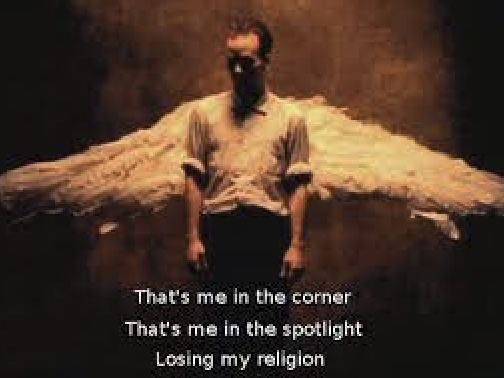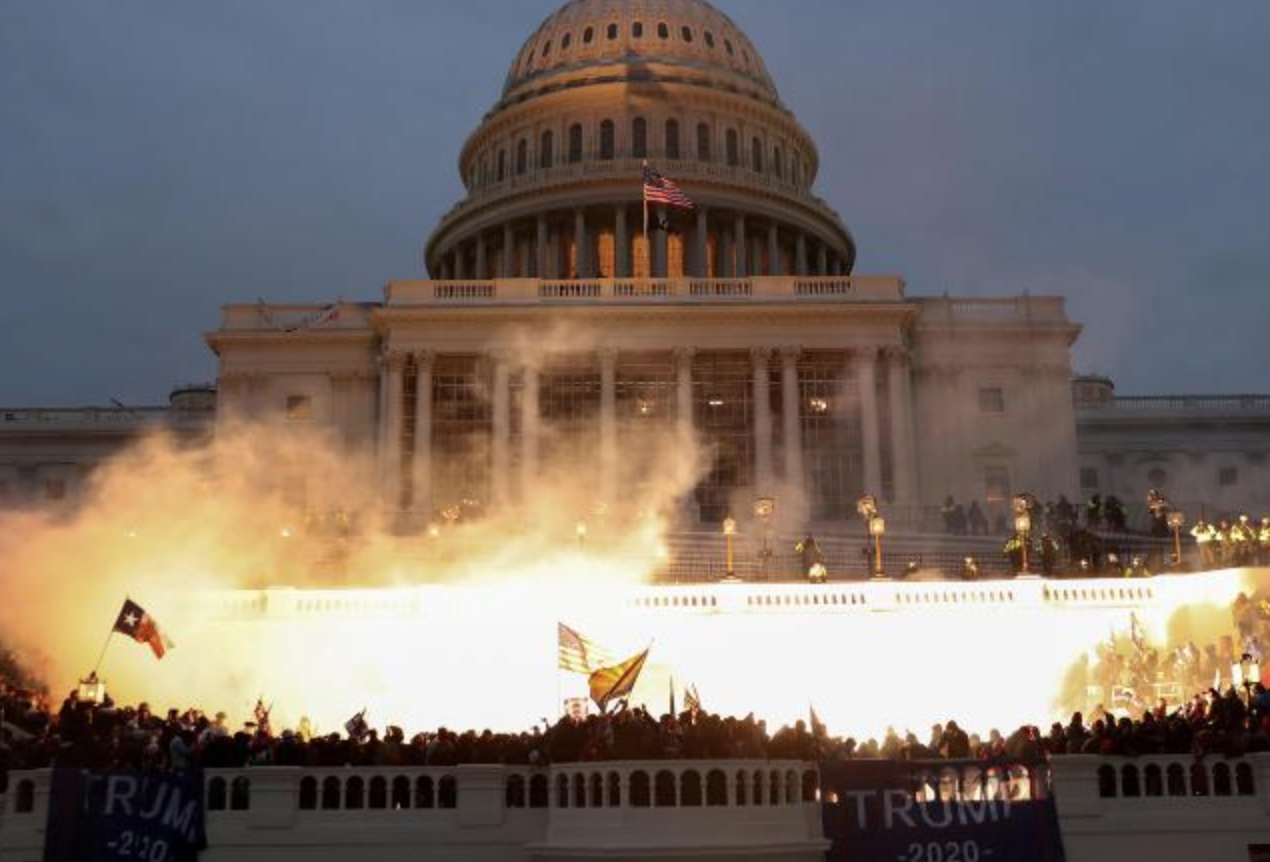Let’s do something different with a “think piece” this week.
What we’re going to do is watch a short video and then, hopefully, GetReligion readers can leave a few comments about what they saw or, more importantly, what they didn’t see.
The video itself comes from those savvy urbanites at the must-follow website/Substack feed called The Free Press. What’s going on in this light-hearted, chatty, laugh-to-keep-from-crying offering? The goal was summed up in this epic double-decker headline:
Pork Chops! Politics! The Free Press Goes to the Iowa State Fair. …
Brooklynite Ben Kawaller dives headfirst into livestock, fried food, and the great political divide at America’s annual country circus.
Kawaller states, right up front, that he knows a lot more about musical theater than he does agrarian life (and, needless to say, hip eateries in and around Park Slope don’t serve deep-friend Oreos). So why would he want to spend a week hobnobbing with Iowa farmers?
Read the headline again.
We’re talking politics and the Iowa primaries, of course. Thus, Kawaller offered this online confessional:
Along with showcasing some of the state’s most impressive agriculture, the fair has, since the 1970s, become a de rigueur campaign stop for political candidates. Over the course of this year’s fair, which runs until Sunday, August 20, no fewer than sixteen presidential hopefuls have appeared or are expected to. My visit coincided with some big ones: Florida governor Ron DeSantis was there on Saturday, only to be upstaged by Donald Trump, who also may have arranged for the flight of an aerial banner urging “Be likable, Ron!” (You have to hand it to him: the man knows how to taunt.)










